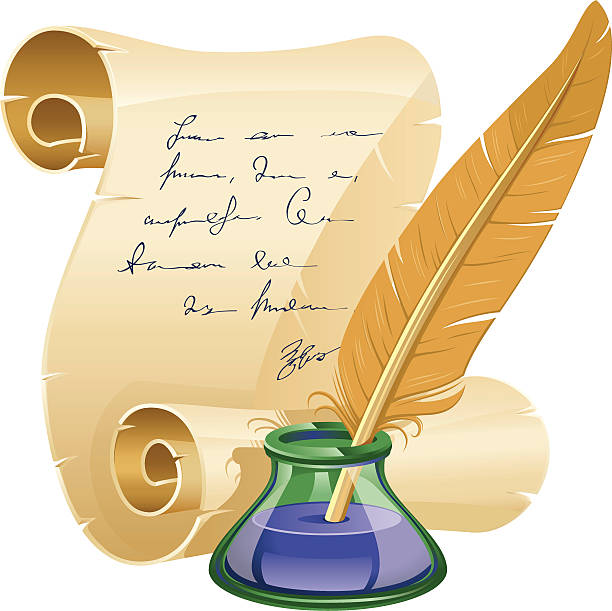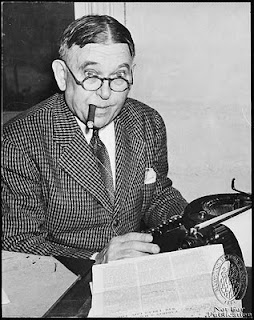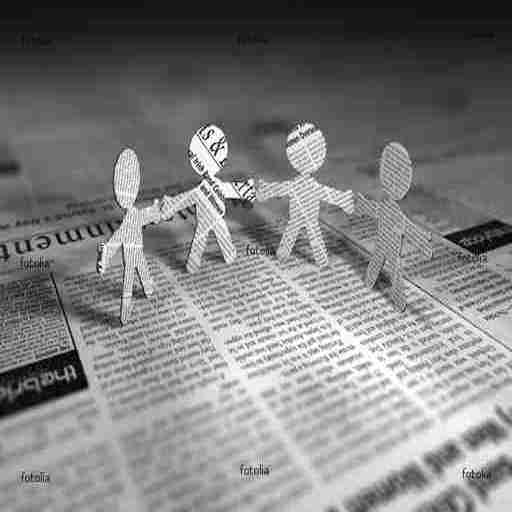The View from Afar
Writings by retired newspaper publisher Stephen Waters

The fabric of society: 8. Individuals validate character
fas08of14 Rome (NY) Sentinel 2015-10-09 October 9, 2015
Civic virtues change over time. If virtues like kindness, wisdom, and integrity do develop character, one has to decide what constructive virtues should be encouraged.
Looking back to Homer, the virtues the poets favored were warlike qualities — legends and fictions that were oracular. Socrates argued that perhaps one could find a more rational approach. That challenge to the livelihood and power of poets did not sit well, so some, like Aristophanes, misrepresented Socrates as someone who would present the worst case as the best.
Seneca saw justice, moral insight, self-control, and courage as the cardinal virtues in Rome 2000 years ago. In the later Roman republic different actions were at the heart of citizenship that made you a man, or vir, in Latin, the root of virtue or virtus: Piety, because they felt they were a chosen people. Honesty, because they could be trusted. True, because they kept their word. Just, because they believed in equitable application of law. Vigilant, because they would fight to protect that which they believed.
Later, in Sir Gawain and the Green Knight, Gawain represented the virtuous ideals of the Round Table. The tests of desire and the fear of death faced in Gawain are the same tests that Buddha faced. The medieval pentangle represented five chivalric virtues: fidelity to others, promises, principles, faith, moral righteousness, and personal integrity. Elsewhere they are recorded as generosity, loyalty to and love of others — sometimes called piety, temperance or freedom from lust, courtesy, and benevolence.”
Romantics after the Enlightenment, and perhaps of the 1960s wanted to get in touch with feelings as the exercise of virtue. It is possible to overlay in what different cultures consider virtues. Confucian virtues were very similar to those of Socrates in ancient Greece or Mohandras Gandhi in India — wisdom, justice, moderation, courage.
The question is how to validate that the virtues one would teach are true virtues. Wealth or fame, while popular, are not considered virtues.
Virtues have been described as those traits that cultures value. To discover them, one could go with what has worked and accept what has gone before as gospel. But which gospel from hundreds of conflicting religions and sects should one accept on faith? The one you believe in, simply because it’s yours isn’t good enough. George Bernard Shaw sarcastically asked in 1919, in Heartbreak House, “Do you think the laws of God will be suspended in favor of England simply because you were born there?”
World War I dashed any vestige of belief that liberal values and technological advancement in natural sciences would lead to steady, civilized society. The world was left in wreckage with cultures in conflict. If one decides to adopt that which other cultures discover to be virtues, one still would have to fashion a virtue detector to test them.
Validation is everyone’s task. Reflective judgment is called for, not compliance, to remain continuously open to new information to review that which we have learned regarding what has gone before in light of what over time becomes better understood. Since politics has become cutthroat competition, people need to develop skills to test its claims. Philosophers say knowing comes from authority, a priori understanding, or the contest of science. People need to determine what authority underwrites particular knowledge and value it accordingly.
We may not be able to decide what is ‘true’ but we can consider what might be ‘workable.’ To draw on the canvas of the new century, all we have are recollections and patterns recognized from them, massaged by language within its limitations, and used to project consequences of proposed actions into an imagined future.
Philosopher Karl Popper reminded people that science is not about truth, but about doubt. Science is a continuous test for falsity that helps prune ideas that don’t stand up to patterns of experience. Otherwise, in one kind of arrogance, people become convinced that their own ambitions are worth the suffering of others. What is true one cannot know, but science helps one understand what is not true. Phrased another way, society is at risk without the freedom to challenge an idea even though someone may not care to hear. Even so, the freedom to offend does not imply the necessity to do so or determine the form it might take.
When deducing morals, dynamic process concepts encourage thinking about yourself, your place in society, and life itself. A path seeded with process concepts offers practical help that people can easily embrace that ultimately leads to virtuous behavior. Process concepts ignite the spark of self-regulated learning that just this easily pass Socrates’ torch on to the next generation.
Journalism is the perfect vehicle to make these essential concepts accessible, and is a division of labor that, for usefully serving individuals and society, would have pleased philosopher Socrates in ancient Greece, sociologist and historian Ibn Khaldun in the Islamic empire, and economist Adam Smith after the modern industrial revolution. As a surrogate for the individual, journalism fits neatly in a concentric circle between the individual and society.
[The next article examines how individual principles matter.]

Stephen B. Waters
In early 2021, with 46 years in the business, I retired as publisher of the Rome (NY) Daily Sentinel
After five generations of family ownership, despite an unsettled economy, we keep on. We understand that although we may own the newspaper, we hold it in stewardship for the community.
Across my career, so many other small newspapers were purchased by media chains, large newspapers sold their integrity, and broadcast news outfits fell back on superficial entertainment.
They put journalism in this country at risk. The best antidote is for individual readers to arm themselves to recognize the danger to their community, culture, and society itself.
Index
-
 sbwTweet
sbwTweet
Mostly Links and Retweets -
 Essays
Essays
Writings across time -
 Editorials and columns
Editorials and columns
For the newspaper -
 Presentations
Presentations
Community discourse -
 Books
Books
Published and available -
 Audiobooks
Audiobooks
Readings and more